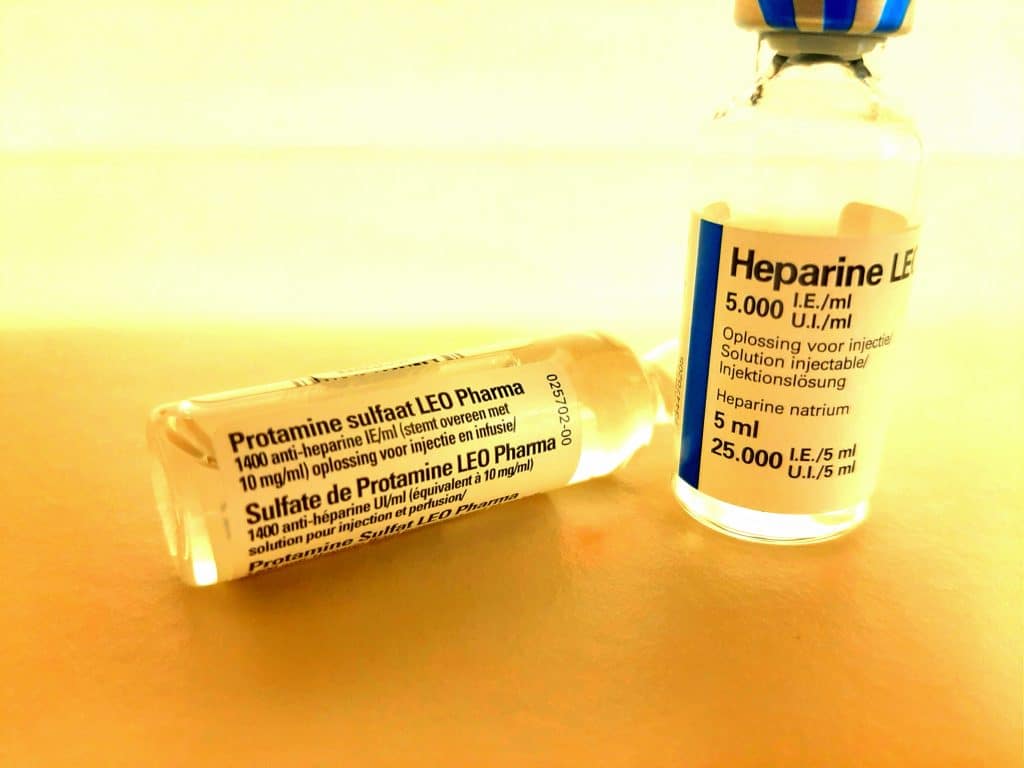Background
Alpha-gal syndrome is a tick-acquired disease caused by IgE to the oligosaccharide galactose-alpha-1,3-galactose (alpha-gal), causing allergic reactions to meat and products sourced from non-primate mammals. As heparin is porcine-derived, we hypothesized that patients with alpha-gal syndrome who received high-dose heparin for cardiac surgery would have increased risk of anaphylaxis.
Methods
All cardiac surgery patients at an academic medical center from 2007-2019 were cross-referenced with research and clinical databases for the alpha-gal IgE blood test. Clinical data was obtained through the institutional Society of Thoracic Surgeons Adult Cardiac Database and chart review. Patients were stratified by development of an allergic reaction for univariate statistical analysis.
Results
Of the 8,819 patients, 17 (0.19%) had a positive alpha-gal test prior to cardiac surgery. Of these 17 patients, 4 (24%) had a severe allergic reaction. The median alpha-gal titer was significantly higher in patients with a reaction (75 [61-96] vs 8 [3-18] IU/mL, p=0.006). There were no differences in median heparin loading dose, total dose, or maximum activated clotting time (all p>0.05). In a subgroup of 8 patients with recent alpha-gal IgE level, 4 (50%) developed an allergic reaction.
Conclusions
Although alpha-gal is rare in patients undergoing cardiac surgery, there is up to a 50% risk of serious allergic reaction to heparin for cardiopulmonary bypass. Higher preoperative alpha-gal titers may confer a higher risk of severe allergic reaction. For patients with a clinical suspicion of alpha-gal syndrome, we recommend pre-screening with IgE levels and pre-medicating prior to receiving high doses of intravenous heparin.

